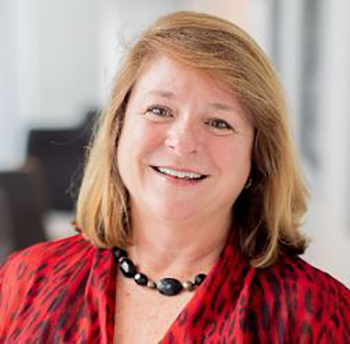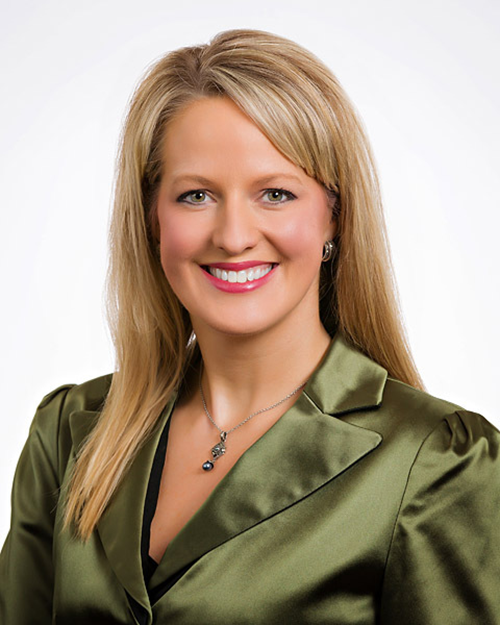Feeling the holiday stress? The ABA is offering a number of wellness events

Image from Shutterstock.
With the holidays quickly approaching, lawyers and legal professionals may be looking for tips to counter anxiety and stress, set boundaries with family and at work, or focus more on their overall well-being as they say goodbye to this year and hello to 2023.
The ABA is offering CLE programs in November and December that fit the bill, which members can attend for free or at discounted rates.
“Holiday Stress Less: Best Practices for Well-Being During the Holidays” takes direct aim at the often stress-filled season. The Nov. 17 program will highlight triggers that affect mental health; best practices for alleviating anxiety and depression; and healthy coping strategies, such as mindfulness. It will also focus on ways that supervisors can manage holiday work events in which alcohol is served.
 Tracy Kepler is the chair of the Section of Intellectual Property Law’s Professional Issues Division and vice-chair of its Attorney Wellness Committee.
Tracy Kepler is the chair of the Section of Intellectual Property Law’s Professional Issues Division and vice-chair of its Attorney Wellness Committee.“We’re talking about not only the stress that the holidays bring in your own life but how that moves into the workplace and what workplaces can do around all these holiday activities, recognizing the stress and anxiety and pressure their staff are under and how they can negotiate well-being in these parties,” says Tracy Kepler, co-vice-chair of the Senior Lawyers Division Wellbeing Committee, who will moderate the program.
It is sponsored by the SLD and SLD Wellbeing Committee and co-sponsored by the Young Lawyers Division and Section of Civil Rights and Social Justice.
A Dec. 13 program, “Perfect as the Enemy of Good: Strategies for Combatting Perfectionism & The Fear of Mistakes,” targets the “culture of perfectionism” in the legal profession. Its panelists will discuss the roots of perfectionism, danger of maladaptive coping mechanisms, and tools that lawyers can use to manage any perfectionistic tendencies.
Kepler will also moderate this program, which is sponsored by the Section of Intellectual Property Law. As chair of the section’s Professional Issues Division and vice-chair of its Attorney Wellness Committee, she has helped plan several activities, including a series of webinars, related to mental health and well-being.
“The course we are on is not sustainable,” Kepler says. “We are losing careers. We are losing families. We are losing lives because we are not paying attention.”
“There is always going to be a lot of work; there is always going to be a lot of stress,” she adds. “But we can put in place steps, activities and healthy habits, and we can smash the stigma, so people can get the treatment they need if they need it or at least just do something different.”
Lawyers may also be considering their career options as they think about their plans for the new year.
The Real Property, Trust and Estate Law Section is offering two programs related to career transitions in November and December. They are part of a series that has addressed moving from associate to partner; law firm to another law firm; and private practice to in-house or to nontraditional roles, such as teaching or working in the C-suite, says Crystal Patterson, the co-chair of the section’s Special Committee on Career Development and Wellness.
 The COVID-19 pandemic “exposed people to different ideas of how they would like to have their life structured,” says Crystal Patterson, co-chair of the Real Property, Trust and Estate Law Section’s Special Committee on Career Development and Wellness.
The COVID-19 pandemic “exposed people to different ideas of how they would like to have their life structured,” says Crystal Patterson, co-chair of the Real Property, Trust and Estate Law Section’s Special Committee on Career Development and Wellness.The next program, “Move Over: A Panel on Transitioning to Solo Practice,” is Nov. 30 and features attorneys who will discuss their personal experiences as solo practitioners and how they prepared for and made the change.
“Movin’ On: A Panel on Transitioning Into Retirement” is the final program in the series. It is on Dec. 14 and will offer tips for retirement, as well as perspectives on what life looks like for lawyers after they transition out of practice.
It is co-sponsored by the Senior Lawyers Division.
Patterson points out that issues involving wellness and career development—which were amplified by the COVID-19 pandemic—go hand in hand for most lawyers.
“Obviously, if you’re not well, your career probably isn’t going to develop and flourish the way you want it to,” says Patterson, who is a member of the RPTE council and moderator of the programs. “But the pandemic also exposed people to different ideas of how they would like to have their life structured.
“I think this was already happening to some extent because of the impact of millennials on the workforce. But now, people don’t have the same conventional views of what their workday looks like.”
See also:
Asked and Answered: “Stressed about holiday parties? Think about skipping them, says lawyer in recovery”



